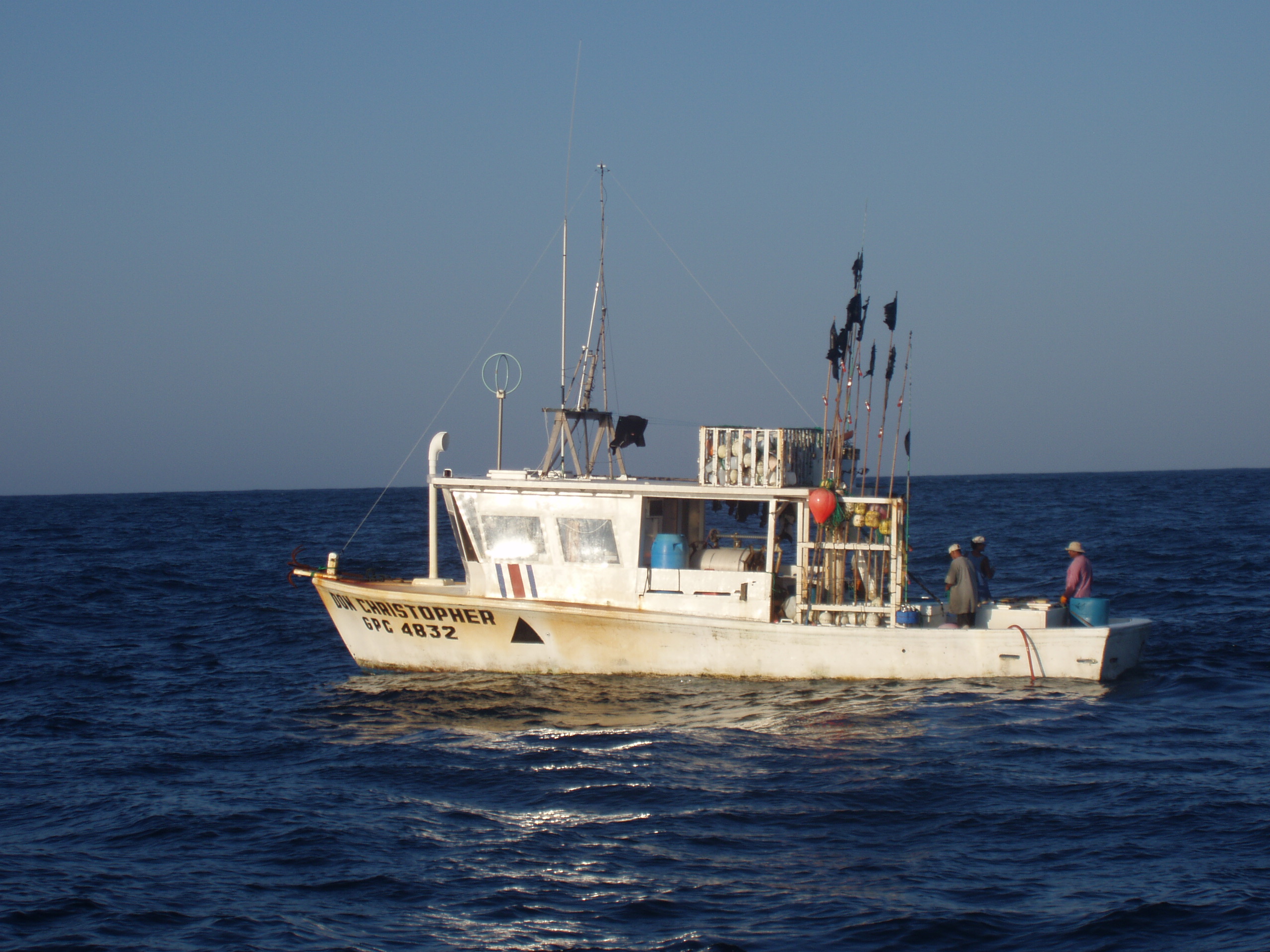Inter-American Tropical Tuna Commission (IATTC) can Reduce Shark Mortality with Limited Fisheries Closures
For Immediate Release: June 20, 2016
Photos available for media use by clicking here.
CONTACT:
Randall Arauz
International Policy Director
Turtle Island Restoration Network (Costa Rica)
Cell: 8344-3711
rarauz@tirn.net
Joanna Nasar McWilliams
Communications Director
Turtle Island Restoration Network
Cell: (415) 488-7711
Joanna@SeaTurtles.Org
La Jolla, California (June 20, 2016) – Conservationists are calling on the global community to increase protections for silky sharks under the Inter-American Tropical Tuna Commission (IATTC),* which is holding its annual meeting next week in Southern California. In particular, conservationists are supporting a proposal from the European Union (E.U.) that calls for 3-month closures on targeted silky shark (Carcharhinus falciformis) fisheries, and for banning the use of wire leaders (a type of gear that catches more sharks). Click here to download the E.U. motion.
Silky sharks are the most common shark caught incidentally by tuna longline and purse seine fisheries throughout their range, particularly those using fish aggregating devices. Silky sharks are the most-caught species in longline fisheries in the Eastern Pacific, constituting up to 90 percent of the total catch of sharks. Silky sharks are classified as ‘near threatened’ by the International Union for Conservation of Nature (IUCN). In the Central and Eastern Tropical Pacific silky sharks are even more endangered and classified as ’vulnerable.’
“Simple measures put into place can make a huge difference to protect silky sharks,” said Randall Arauz, International Policy Director of Turtle Island Restoration Network. “The proposed measures would also be a huge benefit for an array of endangered marine species (sea turtles, sharks, billfish), as they constitute ecosystem based solutions.”
“In spite of global recorded declines of silky shark populations, fishing them has remained unabated,” complained Maike Heidemeyer of the Costa Rican organization PRETOMA. “Fins from an estimated 0.5 to 1.5 million silky sharks are traded globally per year, and the meat is sold for massive domestic consumption in fishing nations, like Costa Rica.”
“If this proposal is not enacted, the survival of the silky sharks in the eastern Pacific will be in the balance and this highly migratory species may become extinct,” warned Alex Antoniou, Executive Director of Fins Attached. “A precautionary approach must be considered.”
*The IATTC is the Regional Fisheries Management Organization (RFMO) responsible for the conservation and management of tuna and other marine resources in the eastern Pacific Ocean. The commission has 21 member countries and has significant responsibilities for the implementation of the International Dolphin Conservation Program.
“The IATTC can set a global precedent in 2016 by enacting shark protective measures,” said Arauz, who won the 2010 Goldman Environmental Prize for his work to protect sharks. “Conservationists will be coming out in force to the CITES (Convention on the International Trade in Endangered Species) meeting in South Africa in September, with the goal of winning binding commitments to protect silky sharks and other shark species. Closures by the IATTC can move us along in the right direction.”
###
Turtle Island Restoration Network, www.SeaTurtles.org, and its 250,000 members and supporters, works to mobilize people and communities around the world to protect marine wildlife, the oceans and the inland waterways that sustain them. Join us on Twitter, Facebook and YouTube.
Fins Attached, www.finsattached.org conducts research, promotes conservation and provides education for the protection of marine ecosystems. The health of any ecosystem is controlled by its apex predators.
PRETOMA is a Costa Rican NGO that works to conserve, manage and restore, populations of endangered marine wildlife.




